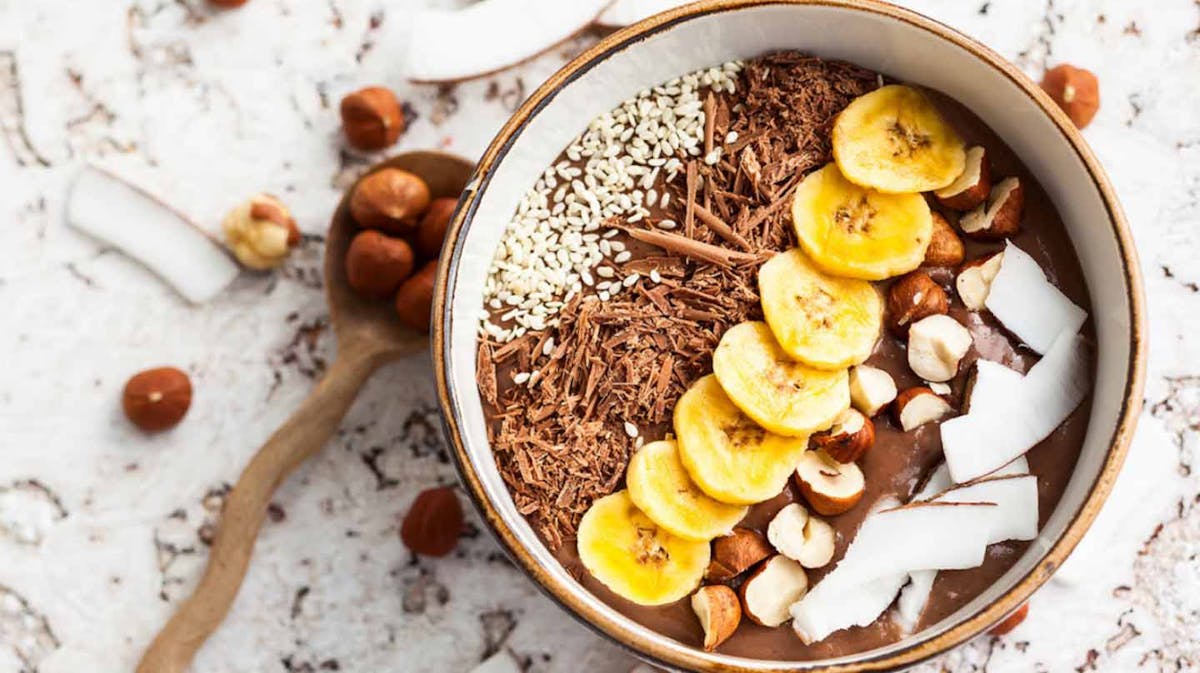Latest Blogs.

Benefits of Studying at an AIPT Campus
Discover the top benefits of studying at an AIPT Campus. Gain hands-on experience in real gyms, industry support, and pathways to a fitness career.

Maximise the Rest of 2025 With Your Fitness Career
Finish 2025 strong. Learn how personal trainers can grow their fitness career, attract more clients and upskill before the final campus intake closes.

Career Opportunities in Fitness: Which Path is Right for You?
Explore career opportunities in fitness. Discover roles, salaries, and training pathways to start your health and fitness career today.

How to Sell Yourself on Social Media (Without Feeling “Cringe”)
Learn how fitness professionals can build a confident, authentic social media presence without feeling cringe. Build your brand and attract clients today.

Why becoming a Group Trainer is the ultimate side hustle.
Discover why becoming a group fitness trainer is the ultimate side hustle: a flexible way to earn extra income, stay fit and inspire people around you.

The Mindset You’ll Need to Succeed as a Personal Trainer in 2026
Discover the mindset that will set successful personal trainers apart in 2026. Learn how the SIS40221 Certificate IV in Fitness will help build confidence, resilience, and purpose.

What it will be like to work as a Personal Trainer in 2026
Discover what it's really like to work as a personal trainer in 2026. Learn how a SIS40221 Certificate IV in Fitness opens doors to a flexible, rewarding fitness career.

Start Your Fitness Career with a Certificate III in Fitness
Discover how a SIS30321 Certificate III in Fitness can launch your fitness career. Learn the steps to become a qualified trainer with Australian personal training courses.

What is a nutritionist
What you eat affects everything from how you feel to how you look. As a Nutritionist, you'll help people change their diets for better health and wellbeing.

How Much Do Personal Trainers Earn?
So, what can you expect to earn as a Personal Trainer? The world of fitness not only offers the opportunity for a diverse work environment — it also gives you the platform for big earning potential.

Personal Training Prices – Setting the Right Rates
As a Personal Trainer, planning your price point can be tricky. While you have the freedom to charge as much as you like, you also want to deliver value for money to your clients. But how much should you charge as a Personal Trainer?

Nutritionist vs Dietitian: What’s the Difference?
Helping people transform their relationship with food creates lasting change in their lives. As a nutrition professional, you'll guide clients toward healthier habits that stick.
Industry Supplier
Proud member of

© Australian Institute of Personal Trainers | RTO Number 32363
